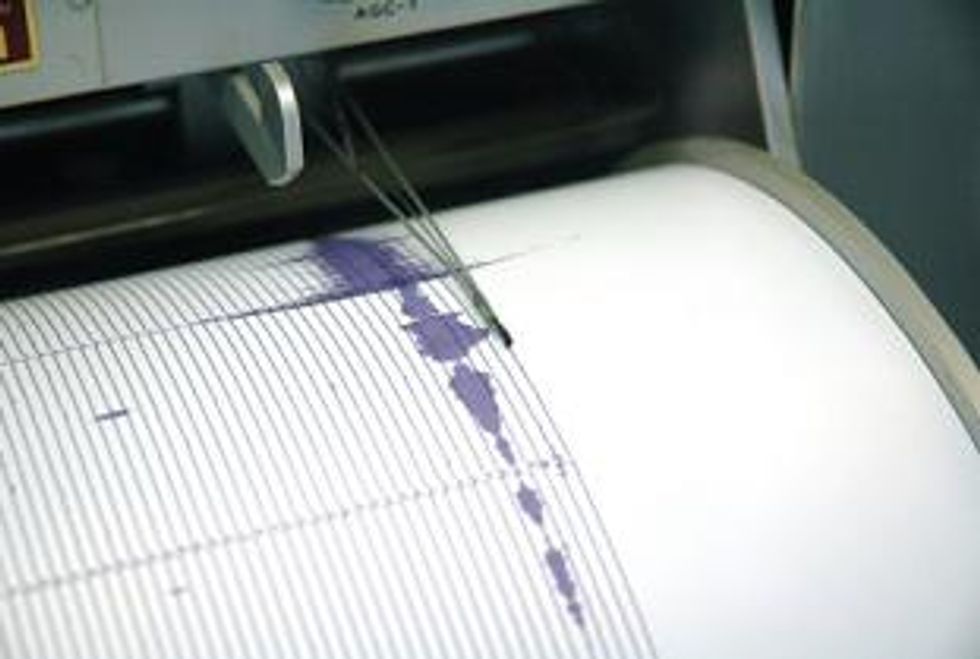While grain prices have been experiencing volatility in the aftermath of Japan’s earthquake; potash prices have yet to feel the effects.
By Leia Michele Toovey- Exclusive to Potash Investing News
While grain prices have been experiencing volatility in the aftermath of Japan’s earthquake; potash prices have yet to feel the effects. Potash prices are largely supported by grains prices, because as grain prices rise so does the incentive to fertilize with potash. Wheat was one of the worst performing commodities when panic- based selling hit the markets earlier this week.Part of potash’s stability is due to the fact that most potash is sold via contracts, and not on the spot market. This limits the commodities ability to react in a knee-jerk fashion. In relation to the longer-term, potential impact of the quake on potash prices Patricia Mohr, Vice President at Scotiabank, told Potash Investing News reporter Leia Toovey “Japan is not one of Canada’s larger potash markets. Grain prices remain high, therefore there are still lots of incentive to apply potash, and other fertilizers.” Mohr added that right now, the potash market is getting the majority of its support from the high US demand for corn, a fertilizer intensive crop, which is being grown for ethanol. In addition, another fertilizer-intensive crop, sugar cane is at a record high.
The Chief Executive Officer of Uralkali (LON:URKA) expects fertilizer prices to surge as market conditions almost match the record year of 2008. “We see very strong fundamentals for the potash business now” and for the next five years, CEO Vladislav Baumgertner commented. “From what we see on the spot markets, the price is approaching $500 a metric tonne and we believe that this level will be overcome this year,” added Baumgertner. The business and economic environment is very similar to that of 2008.” In 2008, potash prices touched a record price of $1,000 per tonne. Uralkali plans to merge with domestic rival OAO Silvinit to form the world’s largest producer, overtaking Potash Corp. of Saskatchewan. The combined company would also control as much as 45 percent of the world’s potash trade through its trading arm, Baumgertner said, compared with about 40 percent for Canpotex, an exporter used by Potash Corp. (NYSE:POT), Mosaic Co. (NYSE:MOS) and Agrium Inc. (NYSE:AGU).
Company news
German fertilizer producer K+S AG (ETR:SDF), is still on the lookout for acquisitions, despite its November purchase of Potash One. “If a good opportunity arises (in the potash market) we will assess it. But we have to concentrate very much on Potash One,” CEO Norbert Steiner. K+S plans to invest about $2.5 billion in developing its Potash One projects. K+S needs to replace its domestic potash reserves, which will be depleted in approximately 4 years.
The government is suing Israel Chemicals Ltd. (TLV:ICL) Dead Sea Works unit over unpaid royalties. The government is demanding $265 million in unpaid royalties for 2000-09, and $26 million from a higher royalties rate on potash sales in excess of three million tonnes a year beginning in 2010. The government claims that Dead Sea Works has underpaid royalties since August 2000 from what was required under the company’s 1961 franchise. The franchise, legislated as the Dead Sea Works Franchise Law (5721-1961), was later extended to 2030. The final amount of the claim could change on the basis of material filed during the hearing. The government is also seeking to reopen royalties owed by Dead Sea Works on potash sales in excess of three millions tonnes a year. The government wants to double the royalties to 10 percent of sales from the current 5 percent retroactive to 2010. The government has asked the arbitrators to order Dead Sea Works to hand over all material related to the royalties, which it has failed to provide to date, in breach of the explicit provisions of the franchise agreement.
Passport Potash (TSXV:PPI) has finalized a cooperative agreement with the Hopi Tribe. The agreement sets up a cooperative arrangement between Passport and the Hopi Tribe, giving Passport access across the privately owned Hopi lands to conduct exploration activities, while allowing the Tribe to share in Passport’s study results. Passport President Joshua Bleak commented: “The success of any major project will be bolstered by developing working relationships with the community. Finalizing this cooperative agreement with the Hopi Tribe is an important step in that direction, and we look forward to a productive relationship with the Tribe. We believe that cooperation with the communities, tribes, and landowners in the Holbrook Basin is key to the success of the project and will create win-win outcomes for all parties involved.”
